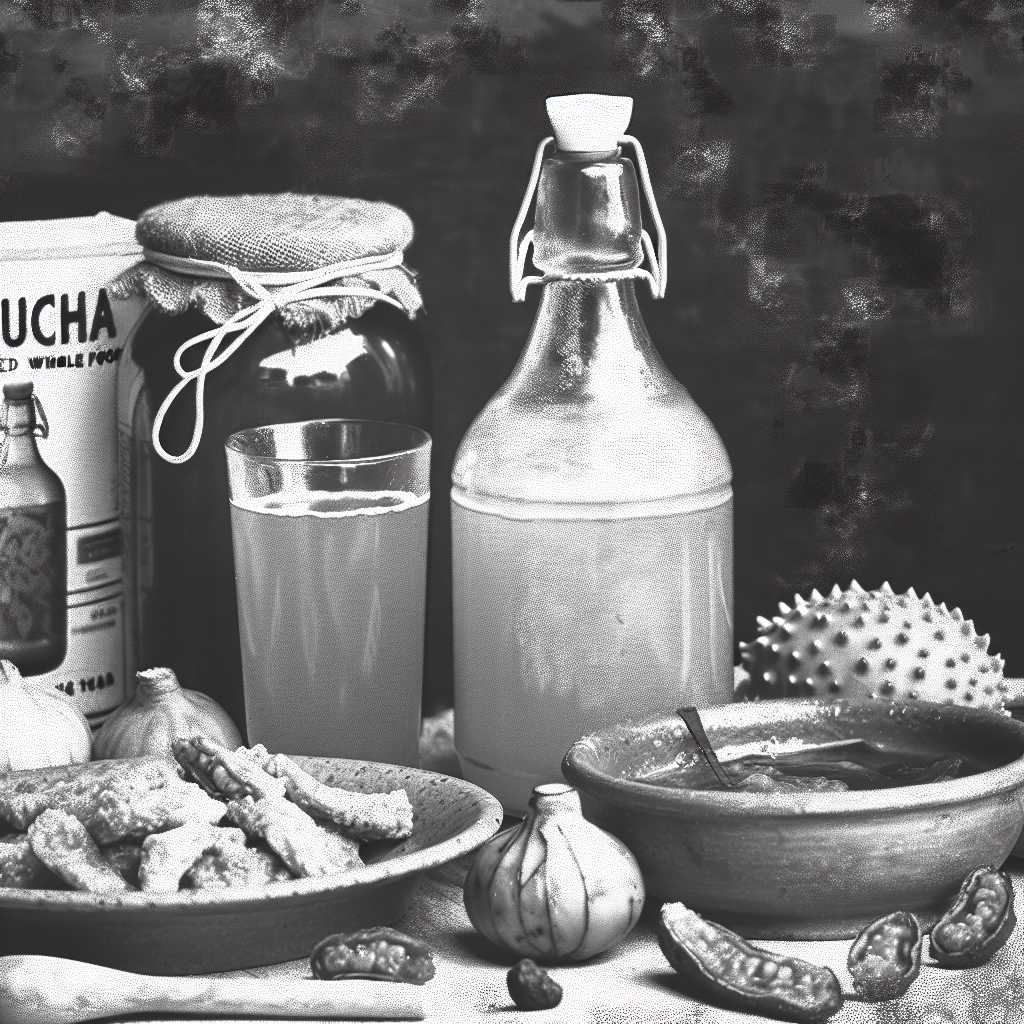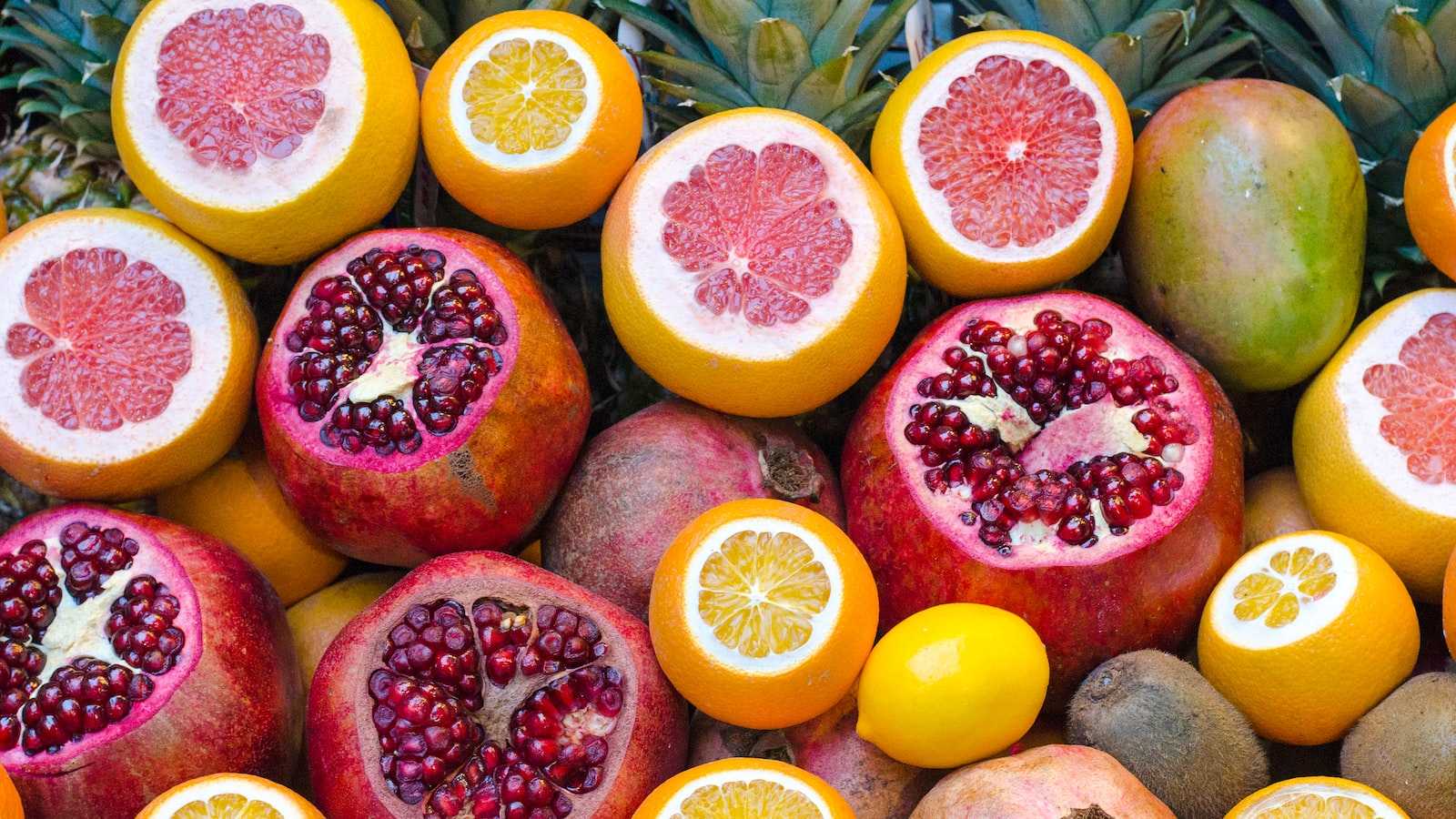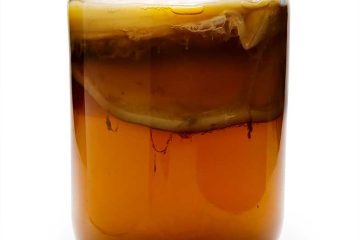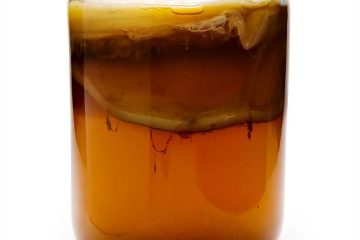kombucha tea whole foods

Step into the world of refreshment and rejuvenation with the magical elixir that is kombucha tea. Often hailed as an ancient remedy, this sparkling beverage has taken the wellness scene by storm, captivating health enthusiasts and tea lovers alike. But what is it about kombucha tea that sets it apart from the rest? In this article, we delve into the enchanting world of kombucha tea, exploring its origins, its health benefits, and where you can find the finest whole foods varieties. Get ready to embark on a journey of discovery as we uncork the secrets behind this delightful and revitalizing drink.
Table of Contents
- Heading 1: The Health Benefits of Kombucha Tea: A Comprehensive Look at its Nutritional Value and Potential Impact on Well-Being
- Q&A
- Final Thoughts

Heading 1: The Health Benefits of Kombucha Tea: A Comprehensive Look at its Nutritional Value and Potential Impact on Well-Being
Kombucha tea has gained significant popularity in recent years due to its potential health benefits. This fermented tea is packed with probiotics, antioxidants, and various nutrients, making it a perfect addition to a well-rounded diet. Let’s explore the nutritional value of kombucha tea and its potential impact on your well-being.
Nutritional Value:
- Kombucha tea is rich in B-vitamins, which play a crucial role in energy production and can support a healthy metabolism.
- It also contains antioxidants, such as polyphenols, which help protect the body against damage caused by harmful free radicals.
- Probiotics found in kombucha tea can promote a healthy gut by restoring the balance of beneficial bacteria in the digestive system.
Impact on Well-Being:
- Drinking kombucha tea regularly may improve digestion and alleviate digestive issues, such as bloating and indigestion.
- Some studies suggest that kombucha tea may have antimicrobial and antibacterial properties, potentially boosting the immune system and fighting off harmful pathogens.
- The high antioxidant content in kombucha tea may help reduce inflammation and oxidative stress, which are linked to chronic diseases, including heart disease and cancer.
Overall, incorporating kombucha tea into your diet can provide you with a wide range of health benefits. However, it is essential to note that individual results may vary, and it is always best to consume kombucha tea in moderation and as part of a balanced lifestyle.
Q&A
Q: What is kombucha tea?A: Kombucha tea is a fermented drink that has gained popularity in recent years for its potential health benefits. Made from a combination of tea, sugar, and a symbiotic culture of bacteria and yeast (SCOBY), kombucha is often described as a tangy and slightly fizzy beverage.
Q: What are the origins of kombucha tea?
A: The origins of kombucha tea can be traced back thousands of years to ancient China. It was known as the "Tea of Immortality" and was believed to have numerous health benefits, including detoxification and digestion support.
Q: What makes kombucha tea "whole foods"?
A: In the context of "whole foods," kombucha tea refers to a version of the beverage that is made with organic ingredients and lacks any added artificial flavors, colors, or preservatives. It is considered a natural and unprocessed product that aligns with the principles of whole foods eating.
Q: What are the potential health benefits of kombucha tea?
A: While scientific studies are limited, many proponents claim that kombucha tea may have various health benefits. These include improved digestion, boosted immune function, increased energy levels, and detoxification support.
Q: Can kombucha tea help with gut health?
A: Kombucha tea is rich in probiotics, which are beneficial bacteria that support a healthy gut microbiome. These probiotics may aid in digestion and help maintain a balanced gut flora, promoting overall gut health.
Q: Is kombucha tea a good source of antioxidants?
A: Yes, kombucha tea can provide antioxidants, which are compounds that help protect the body from damage caused by free radicals. Antioxidants are known for their potential to reduce inflammation and support overall well-being.
Q: How can I incorporate kombucha tea into my diet?
A: Kombucha tea can be enjoyed straight from the bottle as a refreshing beverage or used as a base for various creative recipes. You can also try adding it to smoothies, using it as a marinade, or even making kombucha-infused popsicles for a healthy and tasty treat.
Q: Are there any potential risks associated with kombucha tea?
A: While kombucha tea is generally safe for most people, there are a few considerations. It contains trace amounts of alcohol and caffeine, so individuals who are sensitive to these substances should consume it in moderation. Also, those with compromised immune systems or pregnant women should consult their healthcare provider before consuming kombucha.
Q: Where can I buy kombucha tea whole foods?
A: Kombucha tea whole foods can be found in many natural and organic grocery stores. It is often stocked in the refrigerated section alongside other probiotic-rich products. Additionally, you may find kombucha in local farmers’ markets or even consider brewing your own at home.
Q: How do I make kombucha tea at home?
A: Making kombucha tea at home involves a fermentation process that requires careful attention to hygiene and temperature control. There are numerous online resources and starter kits available that provide step-by-step instructions for brewing your own kombucha tea.
Q: What flavors of kombucha tea are available?
A: Kombucha tea comes in a wide range of flavors to suit different tastes and preferences. Common options include traditional varieties such as plain, ginger, and berry, as well as more adventurous flavors like lavender, lemongrass, and hibiscus.
Remember, while kombucha tea may offer potential health benefits, it is always important to consult with a healthcare professional before making any significant changes to your diet or lifestyle.
Final Thoughts
As we conclude this article on kombucha tea at Whole Foods, we hope you’ve found the information valuable and are inspired to explore this rejuvenating beverage further.Whole Foods offers a wide range of kombucha tea options, carefully curated to cater to different tastes and preferences. Their commitment to providing high-quality, organic products ensures that each bottle of kombucha you find on their shelves meets the highest standards of excellence.
By incorporating kombucha tea into your routine, you not only add a delicious and refreshing drink to your life but also embrace a holistic approach to wellness. Kombucha is known for its potential benefits in digestion, immune support, and overall gut health, making it a fantastic addition to your daily regimen.
Next time you visit Whole Foods, take a moment to peruse their impressive selection of kombucha flavors. From classic variations to innovative blends, you’re sure to find a kombucha that excites your taste buds and contributes to your well-being.
We encourage you to embrace the kombucha journey and see where it takes you. Engage with the knowledgeable staff at Whole Foods, ask questions, and discover new flavors and brands that align with your preferences. Each sip of kombucha can be an opportunity to nourish your body and indulge in a moment of self-care.
So, as you venture into the kombucha section at Whole Foods, immerse yourself in the enchanting world of this ancient elixir. Let the tangy, effervescent brew tantalize your senses and provide a delightful boost to your vitality. Cheers to a bubbly and vibrant life fueled by the goodness of kombucha tea!
[elementor-template id=”430″] [elementor-template id=”433″]



0 Comments